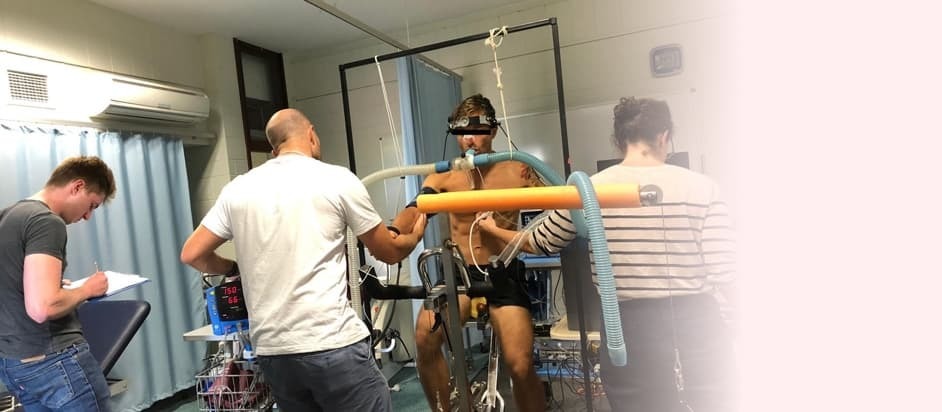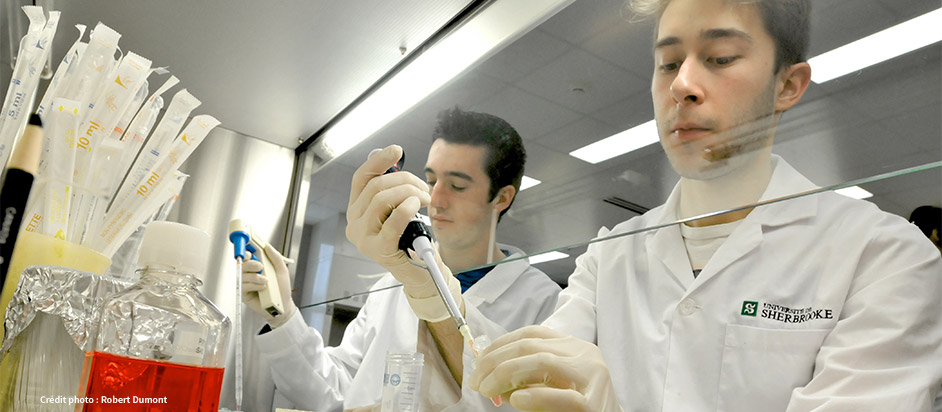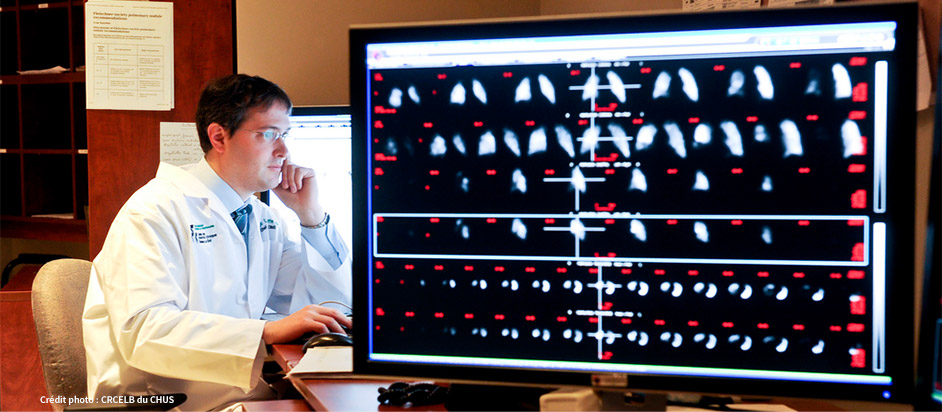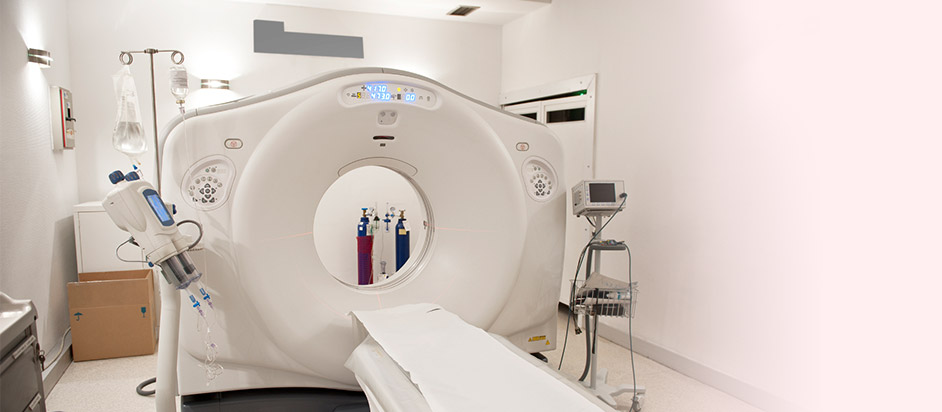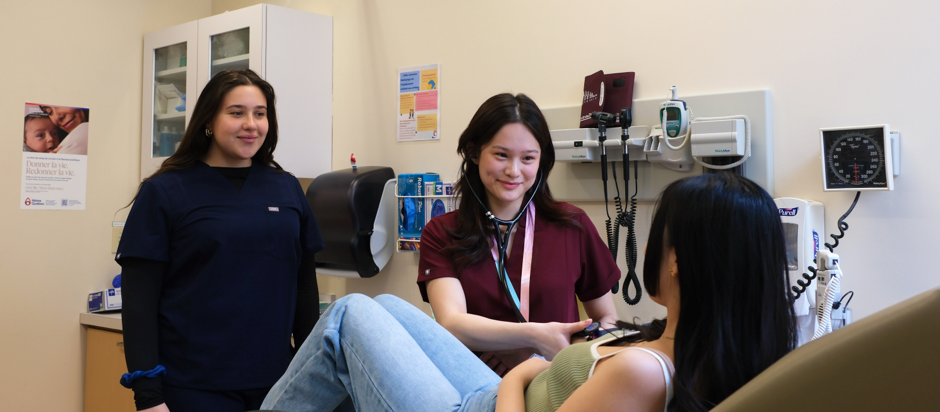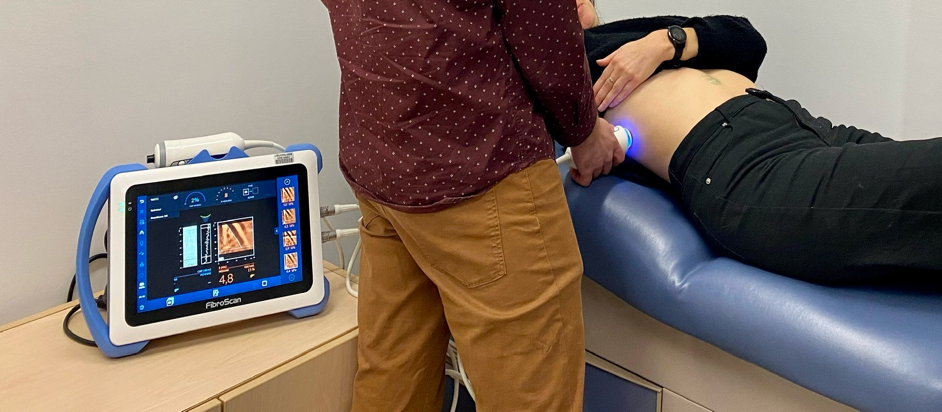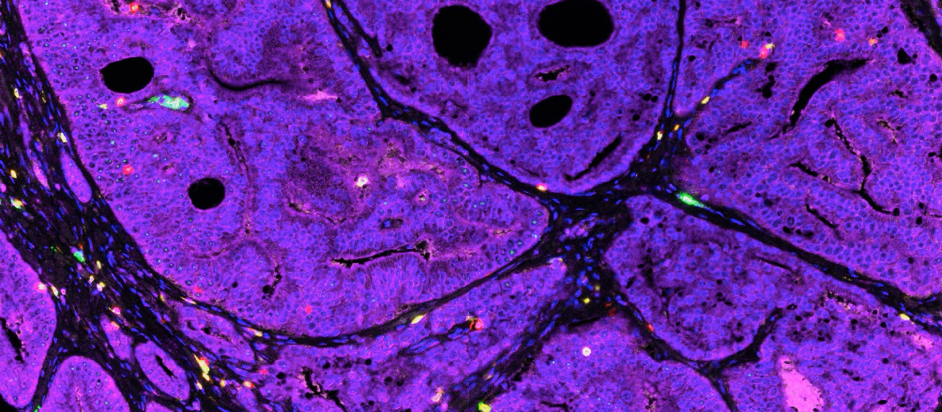News
Psychological well-being: An asset for healthy lifestyles in young adults and primordial prevention later in life
May 12th, 2025
Science Pearls
Psychological well-being: An asset for healthy lifestyles in young adults and primordial prevention later in life A high level of psychological well-being is associated with a reduced risk of cardiometabolic diseases. Lifestyle habits, typically established in early adulthood, could contribute to this association. Our study focused on emotional vitality and positive mental health among 799 […]
Length of Psychiatric Hospitalization and Future Risk of Unfavorable Metabolic Biomarkers
April 22nd, 2025
Science Pearls
Self-reported psychological distress predicts metabolic dysregulations (e.g., elevated glucose). However, the predictive value of objective markers of distress, such as length of psychiatric hospitalization, is poorly understood. In our study, a moderate (10-26 days) or a longer (≥27 days) length of stay, compared to a shorter one (1-9 days), predicts 40-58% less likelihood of having […]
Discover the researchers of the CMDO Network – Pre Anne-Sophie Brazeau, UMcGill
October 28th, 2024
General Public News Science Pearls
Pre Brazeau’s research program is based on patient experience and needs. It aims to: 1) understand patients’ experience of diabetes self-management, 2) inform about diet and eating behaviors in type 1 diabetes in the context of contemporary diabetes therapies, 3) and explore strategies for facilitated access to education and peer support. Here’s a public video […]

Our mission
The Research Network on cardiometabolic health, diabetes and obesity aims to develop research excellence in these areas, to transmit knowledge and to develop the knowledge to promote the quality of life of Quebecers and Quebecers.


